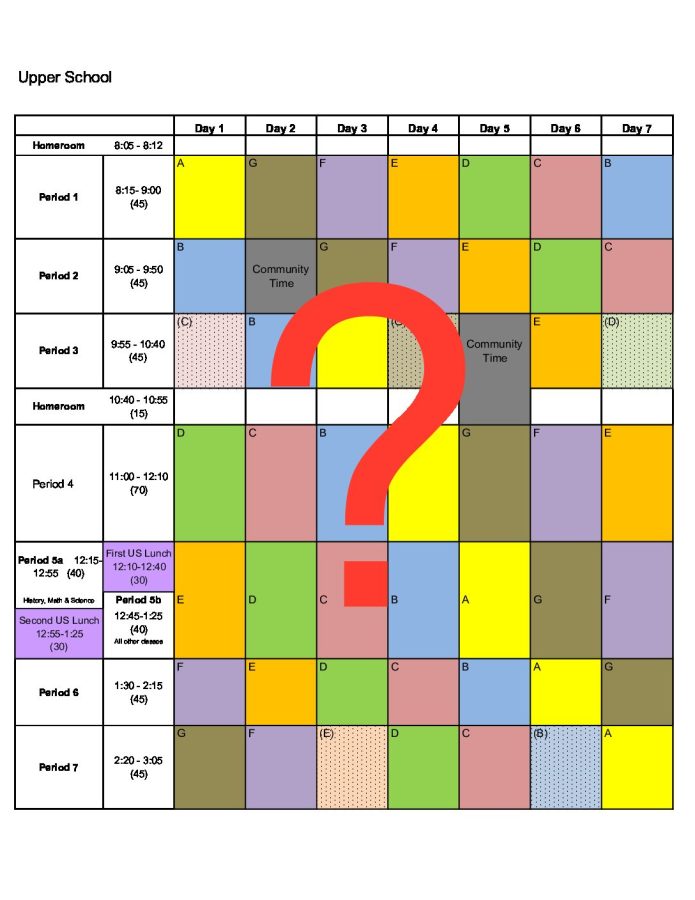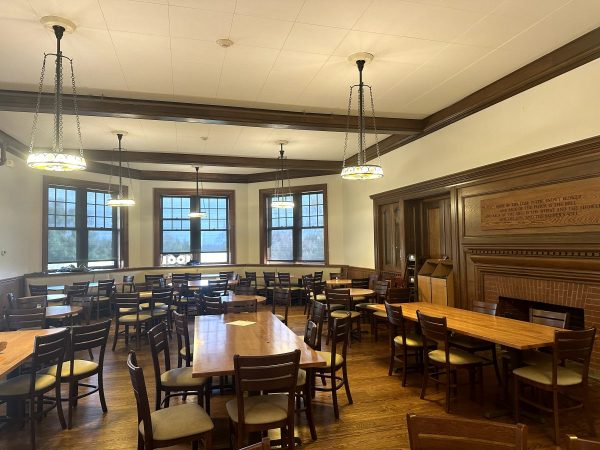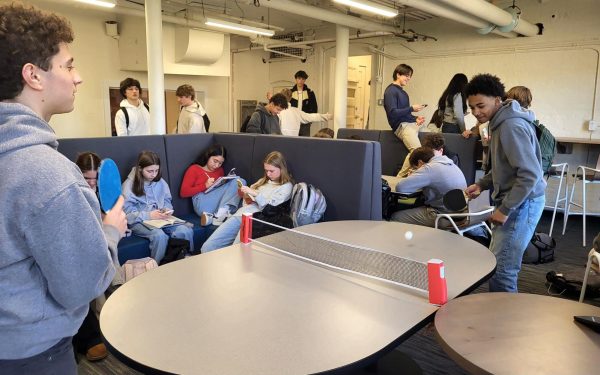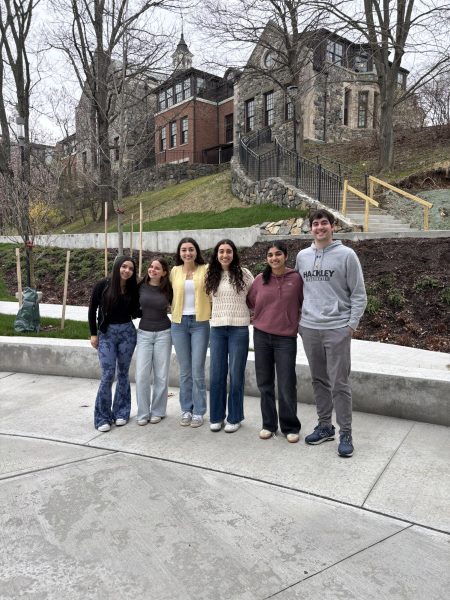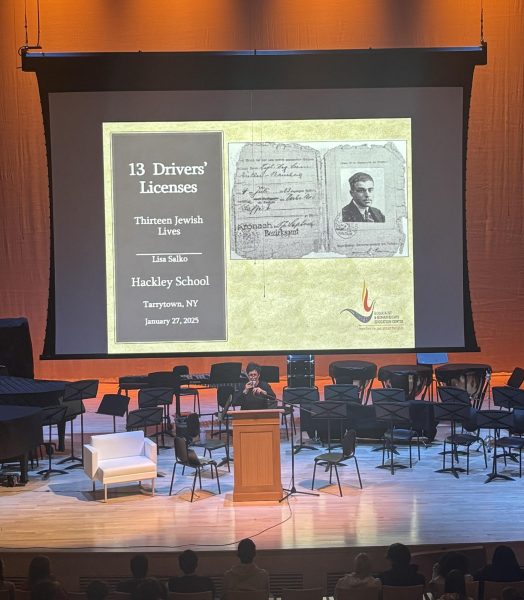Upcoming Changes to the Cycle Schedule
Credit: Courtesy of the HOL website
After more than 12 years of school life with Hackley’s current scheduling system, administrators have decided to take the time to review, reflect, and possibly change the schedule in a way that puts community growth and wellness first. Steven Bileca, Assistant Head of School for Academic Affairs said, “It is important for schools to review a schedule every now and then.” In terms of a call to change, Mr. Bileca reflects that the Hackley community wants to ensure that the schedule “prioritizes students’ well-being while supporting their academic interests and success”
When looking at a schedule change, there are specific factors that go into consideration during the review process. The committee wants to make sure that a new schedule will allow for a diverse range of learning experiences, in and out of the classroom. For example, the current format of 45 minute periods makes it difficult for teachers to utilize outdoor classrooms. An immense amount of work is required to transport students to and from the woods, while also teaching them for a sufficient amount of time. It is a shame that such incredible facilities are made inaccessible due to the time constraints of the current schedule.
“We want to make sure that programming like advisory and community time actually happens in a thoughtful and ongoing way,” said Mr. Bileca. Currently, it is hard to fit all non-academic experiences into the schedule. There are “universal” drops, yet they are not truly universal, as several students still have other minor courses at the same time. When looking to design a successful schedule, there is a goal to allot specific times where there are universal drops for everyone, so all students can truly have time to relax with their peers.
The process began with Mr. Bileca and Ms. Oberstein, Director of the Lower School, who pulled together a committee from across disciplines and across division teachers. Mr. Bileca, Ms. Oberstein, and the schedule review team initiated the review process during the summer. Over multiple weeks, the team put together an extensive survey, which teachers were asked to complete before the start of this school year.
Following the results of the survey, the team spent a lengthy amount of time analyzing the data collected, which they presented to teachers during a faculty meeting. A shortened version of the same survey was shared with students and parents to complete, regarding their opinions and concerns about the current schedule.
All of the information from the students, parents, and teachers was sent for analysis by an outside consultant. The consultant is working closely with the scheduling committee and academic committee to get an accurate picture of daily life at Hackley.
Presently, drafts on a couple of different directions where the schedule might go are being designed by the consultant based on faculty responses. During a faculty meeting on Friday, January 28th, the schedule drafts were presented to teachers and staff for new feedback. Currently, that feedback is being examined and additional feedback is being sought from teachers, department chairs, and the review committee. The final step is for the administration to decide on the final version of the schedule. The current goal is to resolve what the new schedule will be by this March.
Student feedback played an influential role in the schedule editing process. Organizing the school’s responses was challenging due to the range in ages and grade divisions creating several variations in student opinion. Out of the main topics touched upon during the survey, the most common included the pace of the school day, homework, and the constant bunching of assessments and tests. A theme that remained constant throughout most of the students’ responses, was that there should be more open times for the school to meet together as a whole, or by grade division.
Currently, each student’s classes are 45 minutes long with one 70 minute period a day. One possible alteration to the schedule is the length of classes. Mr. Bileca expressed that classes may be slightly longer with fewer classes per day. He expressed the importance of having time for activities such as science classes to conduct labs, and other classes to have extended viewing of films and longer writing periods. In terms of start and end times for the school day, there is little wiggle room as sports restrict the end time of a school day.

